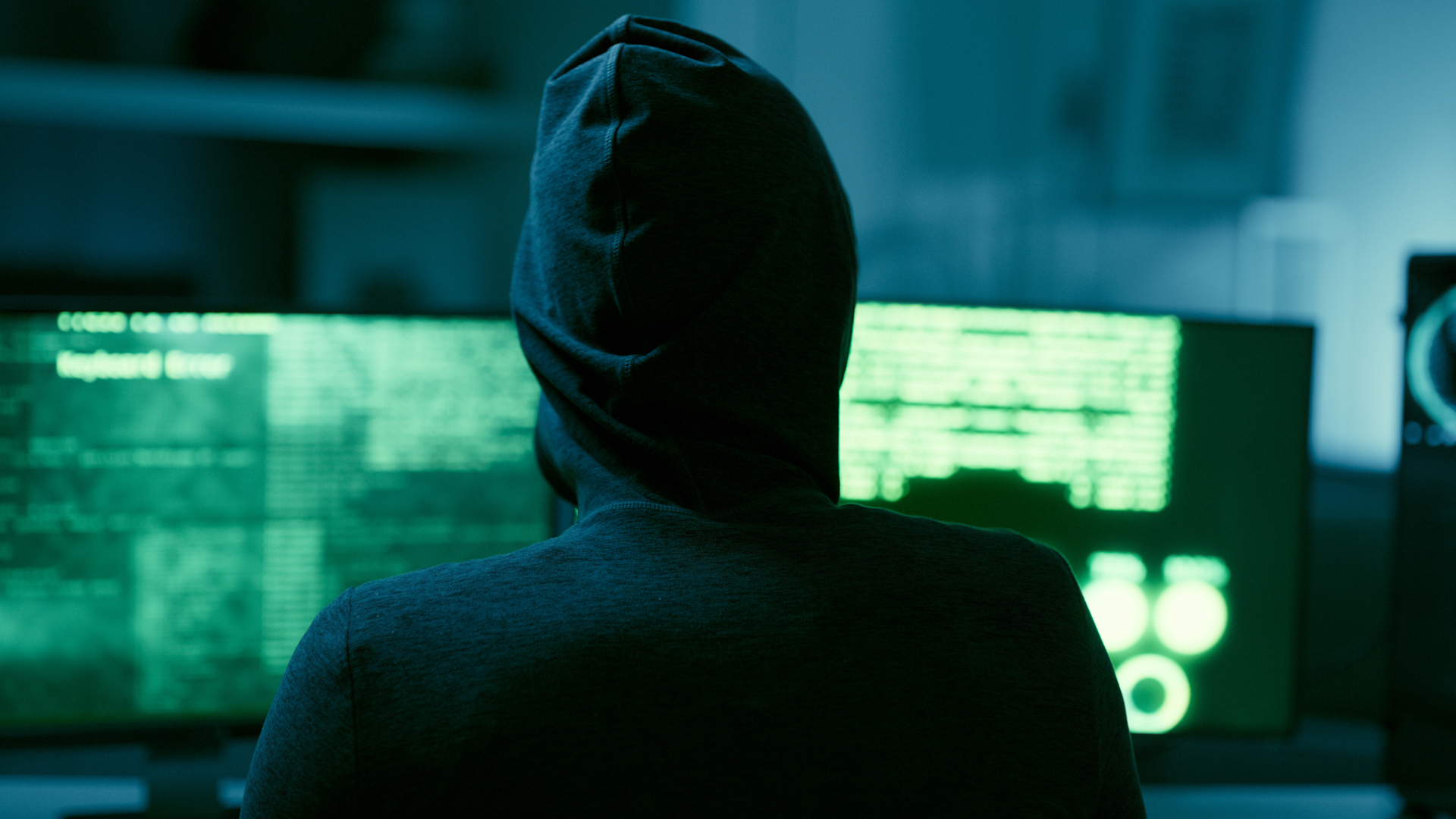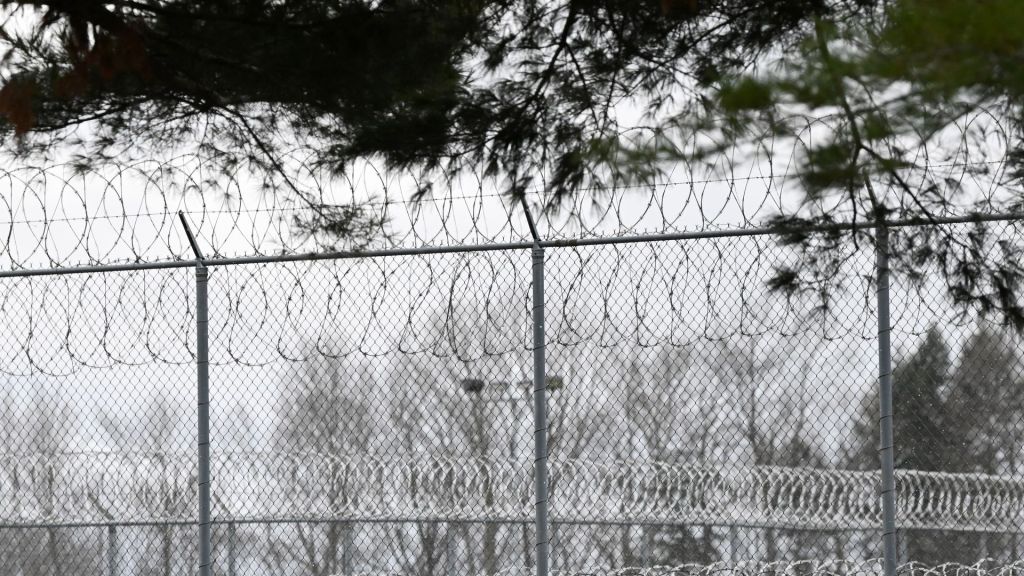
[SIMONE DEL ROSARIO]
DID YOU KNOW THAT THE U.S. EXPERIENCES A CYBER ATTACK EVERY 39 SECONDS? AND ACCORDING TO THE INTERNET CRIME COMPLAINT CENTER — IN 2022 — THE FINANCIAL TOLL FROM THESE ATTACKS REACHED A STAGGERING 10 BILLION DOLLARS.
THESE DIGITAL BREACHES POSE TWO MAJOR THREATS. THEY RISK EXPOSING SENSITIVE PERSONAL INFORMATION OF MILLIONS OF AMERICANS – AND THEY CAN DISRUPT VITAL SERVICES TO THE NATION.
JEN EASTERLY | DIRECTOR, CYBERSECURITY AND INFRASTRUCTURE SECURITY AGENCY
“We’ve long been focused on the cyber threat from China, but as you’ve heard in recent years we have seen a deeply concerning evolution in Chinese targeting of U.S. critical infrastructure. In particular, we have seen the Chinese cyber actors including those known as volt typhoon burrowing deep into the critical infrastructure to enable destructive attacks in the event of a major crisis for conflict.”
[SIMONE DEL ROSARIO]
FBI DIRECTOR CHRISTOPHER WARY CALLED VOLT TYPHOON “THE DEFINING THREAT OF OUR GENERATION.”
LAST MONTH, THE FBI SAID IT SHUT DOWN AN ATTEMPT BY THE CHINESE HACKING GROUP TO INFILTRATE U.S. INFRASTRUCTURE THROUGH OUTDATED INTERNET ROUTERS.
STATE SEN. LOREN LIPPINCOTT | R-NE
“Cybersecurity is certainly an issue that we need to talk about. And unfortunately, in politics, I have found that we tend to be reactive instead of proactive.”
[SIMONE DEL ROSARIO]
NEBRASKA STATE SENATOR LOREN LIPPINCOTT SAYS NEARLY 70% OF ALL PUBLIC SECTOR ENTITIES FACED RANSOMWARE ATTACKS IN 2023 – AND WE SHOULD BE READY.
HE IS SPEARHEADING TWO CRITICAL LEGISLATIVE EFFORTS AIMED AT STRENGTHENING NEBRASKA’S CYBERSECURITY FRAMEWORK FOR THE CORNHUSKER STATE.
THE FIRST BILL SEEKS TO UPGRADE THE STATE’S CYBER DEFENSES WITH THE LATEST TOOLS AND SOFTWARE.
THE SECOND PROPOSES A BOLD MOVE TO RECRUIT ETHICAL, WHITE-HAT HACKERS.
[STATE SEN. LOREN LIPPINCOTT | R-NE]
“You want the hackers to try to break into our system and find out where the leaks … where the holes are in the dike.”
“We’re looking for vulnerabilities. And the only way we can know where our vulnerabilities are is if we are tested and it’s wise to test before we get attacked.”
[SIMONE DEL ROSARIO]
IN RECENT YEARS, CYBERSECURITY BREACHES EXPOSED THE MEDICAL RECORDS OF HUNDREDS OF THOUSANDS OF NEBRASKANS, LEADING TO MULTIMILLION-DOLLAR SETTLEMENTS FROM SOME OF THE STATE’S LEADING HEALTHCARE PROVIDERS.
WHEN INTRODUCING THESE BILLS, LIPPINCOTT EMPHASIZED SIMPLY HAVING SECURITY MEASURES ISN’T ENOUGH. HE STRESSED THE IMPORTANCE OF CONSISTENTLY TESTING CYBERSECURITY SYSTEMS.
LIPPINCOTT SAYS HE ORIGINALLY GOT THE IDEA FROM HIS NEPHEW, WHO WORKED IN THE PRIVATE SECTOR AS AN ETHICAL HACKER.
[STATE SEN. LOREN LIPPINCOTT | R-NE]
“He says If an organization is responsible for securing sensitive data of any kind, they must think like the enemy and be able to defend themselves from those enemies. Of course, defensive security is definitely important, but organizations also need to have offensive security as well.”
[SIMONE DEL ROSARIO]
LIPPINCOTT LIKENED IT TO THE MILITARY’S RED TEAM VS. BLUE TEAM DRILLS. THE RED TEAM PRETENDS TO BE THE ENEMY. IN THE CYBER SPACE, THE RED TEAM WEARS WHITE.











